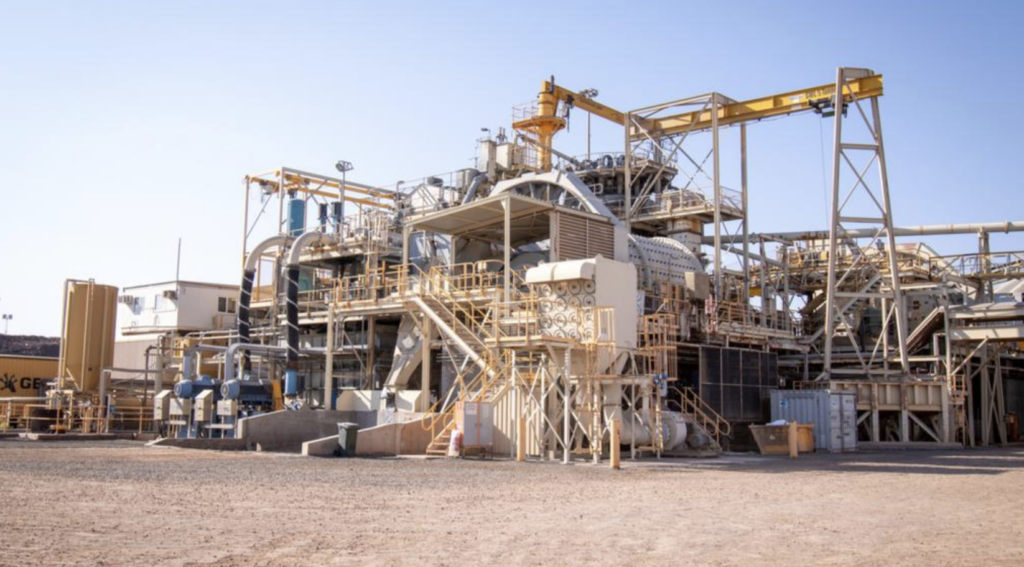

Article by Gerard Cockburn courtesy of the West Australian.
WA’s peak resources body has warned Labor’s latest round of industrial relations reforms would put jobs at risk and increase the union power on worksites.
In a submission to a Senate probe into the Closing Loopholes Bill, the Chamber of Minerals and Energy of Western Australia (CME) argued the reforms would put an end to the resource sector’s use of service contracting and damage existing supply chain frameworks.
The Federal Government is seeking to make changes that will stop companies using labour-hire workers to undercut the rate of pay agreed to by staff who are directly employed.
It also seeks to criminalise wage theft and bolster protection for gig workers.
Business groups and a number of companies have said the legislation will dent productivity and likely cause a slump in investment, particularly for emerging sectors like critical minerals.
The inquiry will on Friday head to WA where it is expected to hear from a number of major resource companies.
CME said the proposed legislation did not distinguish labour hire from service contracting — which it said is a critical part of how labour is employed on site — and would create more legal red tape.
“It is a complex and onerous piece of legislation that will significantly and unnecessarily increase compliance costs for employers , introduce uncertainty and reduce labour market productivity,” it said.
“For projects with variable time frames or multiple contracting arrangements within a single site this would create substantial pre-emptive burden on businesses to comply.”
Minerals Council chief executive Tania Constable fronted the inquiry on Tuesday, when she argued the viability of WA’s resource sector would be damaged due to the impact it would have in attracting overseas investment.
CME said WA’s resources sector is a substantial economic driver and that changes to the structure of employment regimes could jeopardise $148.8 billion worth of projects in the State.
The chamber claims changes to the definition of casual employment would lead to a rise in “double dipping” in pay by workers through backdated pay entitlements.
CME also warned of further industrial action at mine sites if union delegates are given additional powers, which the chamber argued would come at the cost of site safety.
Unions have been targeting a number of major sites in WA and have threatened worker strikes at a number of companies including Woodside Energy and Chevron.
“The industry has enjoyed a mutually beneficial and harmonious industrial relations environment for decades, resulting in a higher-paying and more productive industry,” CME said.
“As currently drafted, the proposed changes could detract from this mutually beneficial environment.”
UnionsWA in its submission claimed real wages in the mining industry have gone backwards and that companies were using labour hire to circumvent enterprise agreements.
It believes Labor’s proposed laws would create regulation for an employment category which is often dubbed as working in the grey zones of workplace laws.
The Mining and Energy Union argued there is a link between the overuse of labour hire at sites and poorer safety outcomes.